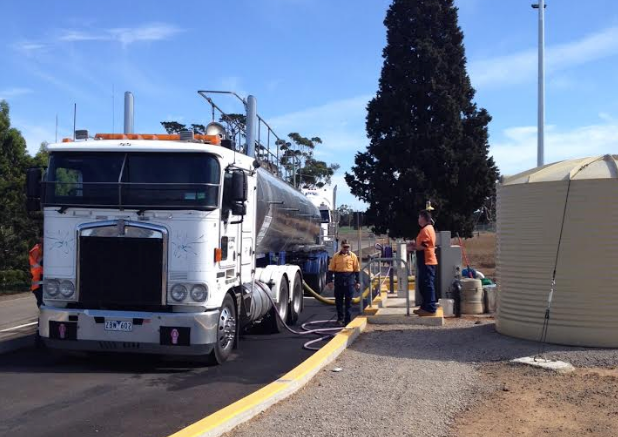Melbourne Water’s co-digestion project has been expanded
Published on by Water Network Research, Official research team of The Water Network in Case Studies
Melbourne Water’s co-digestion project has been expanded and made permanent, following a successful two-year trial at its Western Treatment Plant.

The system accepts high strength organic liquid waste and uses it to help generate electricity, which is then used to run the plant, contributing to Melbourne Water’s commitment to carbon neutrality.
The waste accepted is mostly from the food industry and not suitable for disposal through the normal sewage transfer system due to its potential impacts on the pipe network.
“By accepting the waste for resource recovery directly at the treatment plant, methane emissions that could have occurred from the waste’s disposal are avoided,” Chris Williams, Melbourne Water General Manager Integrated Planning, said.
The trial started in response to a need by customers to find better ways of managing liquid trade waste that could not be put in the sewer.
Prior to the trial, waste was trucked more than 200km away to Warrnambool in Victoria’s far west. The new arrangements have reduced truck travel by more than 90 per cent, saving approximately 2,000T of CO2e each year, equivalent to taking 733 cars off the road.
A receival area and new pumps were installed to enable the liquid waste from tankers up to 30,000L capacity to be transferred to digesters and turned into biogas.
“We have been able to deliver a service that is more convenient for our customers, reduces greenhouse gas emissions and helps lower the cost for treating Melbourne’s wastewater. A win for everyone,” Mr Williams said.
Media
Taxonomy
- Energy Efficiency